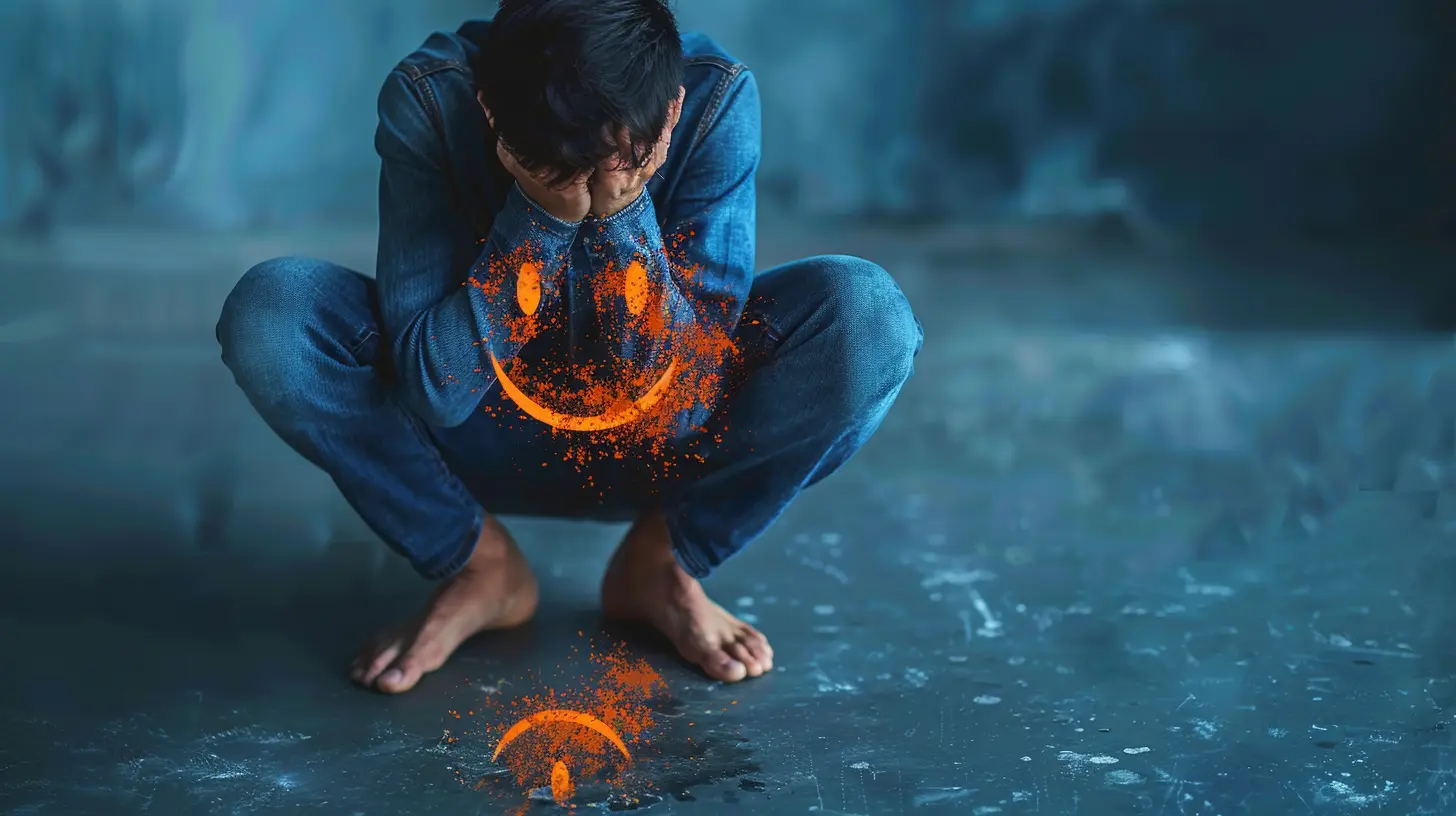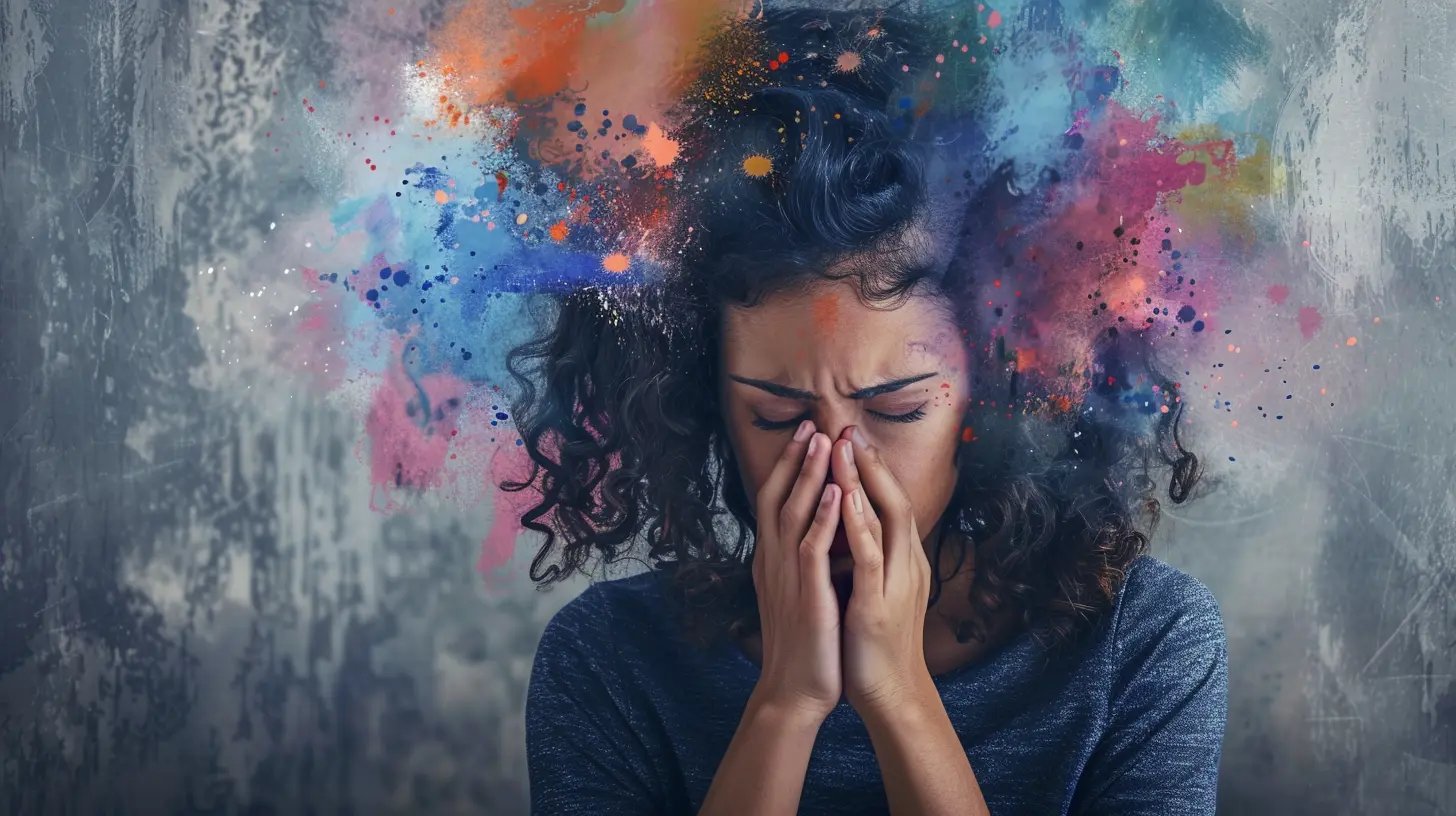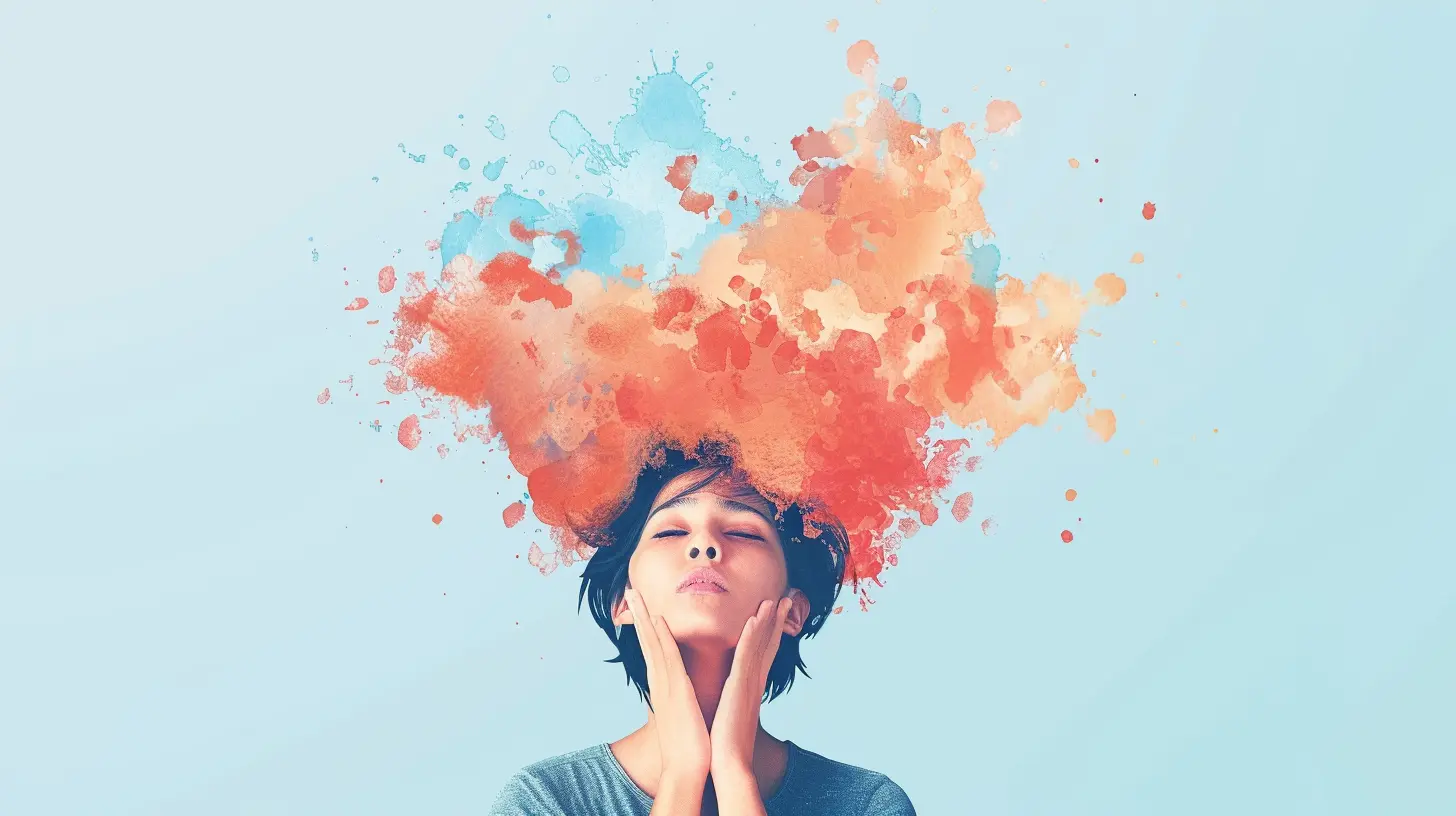Understanding Emotional Triggers and How to Manage Them
10 June 2025
Let’s face it—emotions can be messy. One minute you’re cruising through your day, and the next, something small sends you spiraling. Maybe it’s a snarky comment, a certain look, or a familiar situation. Whatever it is, it hits hard—and fast. That, my friend, is an emotional trigger.
Understanding emotional triggers and how to manage them is one of the most powerful ways to gain emotional strength and build healthier relationships—not just with others, but with yourself too. So, in this deep-dive article, we’re going to unpack emotional triggers, why they exist, what they mean for you, and how you can take control of them instead of letting them control you.

What Are Emotional Triggers Anyway?
Let’s start with the basics.An emotional trigger is anything—literally anything—that stirs up a strong emotional response in you. It could be anger, sadness, shame, guilt, fear… you name it. These reactions often seem “out of the blue,” but they usually link back to past experiences or unresolved feelings.
Think of emotional triggers like landmines in your emotional landscape. You don’t always see them, but when you step on one—boom! You’re suddenly overwhelmed, often reacting more strongly than the situation seems to warrant.
Sound familiar?

Why Emotional Triggers Exist
Our emotional triggers don’t just come from nowhere. They usually have deep roots.Most emotional responses are learned over time. Your brain, being the efficient machine it is, catalogs moments of distress—especially in childhood or during emotionally intense periods. Later, when a similar situation pops up, your brain goes on alert and reacts, whether you want it to or not.
For example:
- If you felt abandoned as a child, your partner not replying to a text might trigger panic or anger.
- If you were constantly criticized growing up, even mild feedback from your boss may make you feel worthless or exposed.
It’s not just what happens to you—it’s how your brain records that experience and builds associations over time. That’s the magic (and curse) of neuroplasticity.

Common Emotional Triggers
Everyone’s emotional triggers are unique, but some patterns show up again and again. Here are some of the most common categories:1. Rejection
Feeling ignored, excluded, or unwanted can stir deep pain. Social rejection can mimic physical pain in the brain—it literally hurts.2. Criticism
Even “constructive” feedback can feel like an attack if you’re sensitive to being judged.3. Abandonment
This one’s huge. A delay in response or a canceled plan might trigger fears of being left or forgotten.4. Betrayal
Broken trust—whether by a friend, family member, or partner—can trigger intense feelings of anger or grief.5. Powerlessness
Feeling out of control or helpless often stirs frustration, especially in anxious or overwhelmed individuals.6. Injustice
Whether someone cuts in line or you’re being treated unfairly at work, injustices hit hard, especially for those with strong moral compasses.Can you see any of yours in this list?

How to Identify Your Emotional Triggers
Let’s be real—before you learn to manage emotional triggers, you have to identify them. This takes some introspection and a bit of humility. But hey, growth hurts sometimes, right?Here’s how to get started:
Step 1: Track Your Emotional Reactions
Start noticing your emotional spikes. When something upsets you, don’t just blow it off—pause. Ask yourself:- What exactly was said or done?
- How did I feel?
- What physical sensations came up?
- What was I thinking in that moment?
Keep a journal if you need to. Patterns will start to show up, and that’s your first golden clue.
Step 2: Reflect on the Past
Most triggers have roots in earlier experiences. Ask yourself:- Has this feeling come up before?
- Does this remind me of something from childhood?
- Who does this situation or person remind me of?
This step can be uncomfortable but illuminating. The goal isn’t to blame the past—it’s to understand it.
Step 3: Name the Emotion
Naming your emotion helps disarm it. Instead of “I’m freaking out,” try “I’m feeling rejected and anxious.” Putting words to emotions helps reduce their intensity and gives you some distance.Why It’s So Easy to Overreact
Here's the kicker—our brains are wired to protect us from pain. When something reminds us of previous emotional wounds, our nervous system kicks into fight, flight, or freeze mode. Logic flies out the window.Even if the threat isn’t real or immediate, your body doesn’t know that. Your heart races, your breathing changes, and old emotional patterns take over. That’s why you might snap at your partner for something small or suddenly feel like crying at work.
It’s not about weakness—it’s about wiring. But the good news? You can rewire.
How to Manage Emotional Triggers Like a Pro
Managing emotional triggers doesn’t mean ignoring emotions or pretending they’re not there. It means responding instead of reacting. Ready to turn the emotional chaos down a notch? Here are some powerful strategies.1. Practice Mindful Awareness
Awareness is step one. When you’re triggered, pause. Take a breath. Literally. Breath creates space between the stimulus and your response.Try saying to yourself: “Whoa, I’m feeling triggered right now. I don’t have to act on this feeling.” Giving yourself even a few seconds can help shift from reaction to reflection.
2. Ground Yourself Physically
Your body plays a big role in emotional responses. When triggered, try grounding techniques like:- Putting your feet flat on the floor
- Holding a cold object (like an ice cube)
- Focusing on a physical object and describing it in detail
These tricks bring you back to the present moment.
3. Challenge Your Thoughts
Ask yourself:- Is this thought 100% true?
- Am I catastrophizing?
- What’s a more balanced perspective?
Challenging your inner dialogue helps break the spiral of negative thinking.
4. Build an Emotional Toolbox
Have resources ready. This can include:- Deep breathing exercises
- Journaling
- Talking to a trusted friend
- Listening to music
- Practicing gratitude
The better prepared you are, the less likely you’ll get hijacked by your emotions.
5. Set Healthy Boundaries
If certain people or situations constantly trigger you, it might be time for boundaries. That doesn’t mean cutting people off—just protecting your emotional well-being. Say no more often. Choose your environments wisely.6. Seek Professional Support
Sometimes, the roots of emotional triggers run deep. Therapy—even short-term—can help you unpack old wounds, reframe your thinking, and build emotional resilience.There’s strength in asking for help. Don’t try to go it alone.
Managing Triggers in Relationships
Let’s not sugarcoat it—emotional triggers can wreak havoc in relationships. But they can also be a tool for growth—if you handle them honestly.Here’s how to deal:
Be Honest with Your Partner or Friend
Say something like: “Hey, I know I overreacted earlier. That situation triggered some old stuff for me. I’m working on it.”This kind of vulnerability fosters trust—and helps your loved ones understand what’s really going on.
Use “I” Statements
Instead of “You always ignore me,” try “I felt invisible when you looked at your phone while I was talking.” See the difference? One starts a fight; the other invites understanding.Take Timeouts When Needed
There’s no shame in stepping away to cool down. It’s better than saying something you’ll regret. Come back when you’re calm and clear-headed.
Final Thoughts
Understanding emotional triggers isn’t just about stopping meltdowns—it’s about reclaiming your power. When you learn to manage your reactions, you become more present, more grounded, and more in control of your own story.You don’t have to be hostage to your past. You don’t have to let old wounds dictate your present. You’re allowed to feel, to pause, to reflect—and to grow.
So the next time you're triggered, pause and ask: “What part of me is asking for love right now?” That question alone can change everything.
all images in this post were generated using AI tools
Category:
Mental WellnessAuthor:

Angelo McGillivray
Discussion
rate this article
3 comments
Cecilia McMaster
Emotional triggers are not weaknesses; they’re signals to explore our inner selves. Embrace them, confront the discomfort, and transform your reactions. Mastering this art is essential for emotional well-being and authentic living. Don’t shy away!
June 18, 2025 at 2:40 AM

Angelo McGillivray
Thank you for highlighting the importance of embracing emotional triggers as pathways to self-discovery! Your insights beautifully capture the essence of our journey towards emotional well-being.
Tyler McNab
Thank you for this insightful article! Understanding emotional triggers is crucial for personal growth and well-being. Your practical tips on management strategies are especially helpful. I appreciate the emphasis on self-awareness and emotional health—definitely a topic worth exploring further for anyone seeking to improve their mental wellness.
June 16, 2025 at 2:25 AM

Angelo McGillivray
Thank you for your kind words! I'm glad you found the insights and tips helpful for enhancing emotional health. Your engagement with the topic is greatly appreciated!
Norah Moses
Mastering emotional triggers transforms chaos into clarity—your mind’s best ally in the journey to wellness.
June 13, 2025 at 3:15 PM

Angelo McGillivray
Thank you for your insightful comment! Mastering emotional triggers indeed plays a crucial role in achieving mental clarity and overall wellness.



